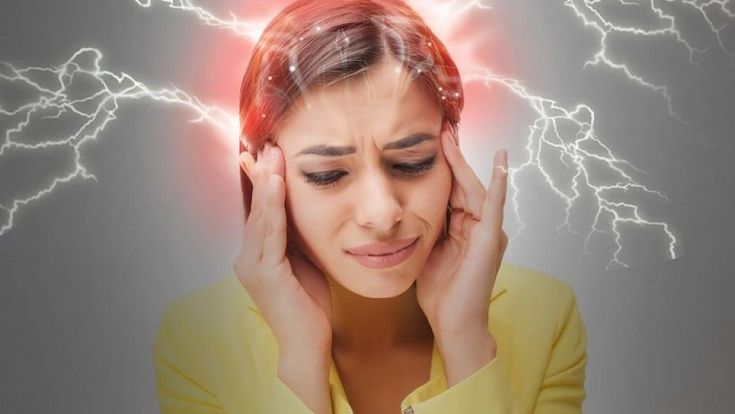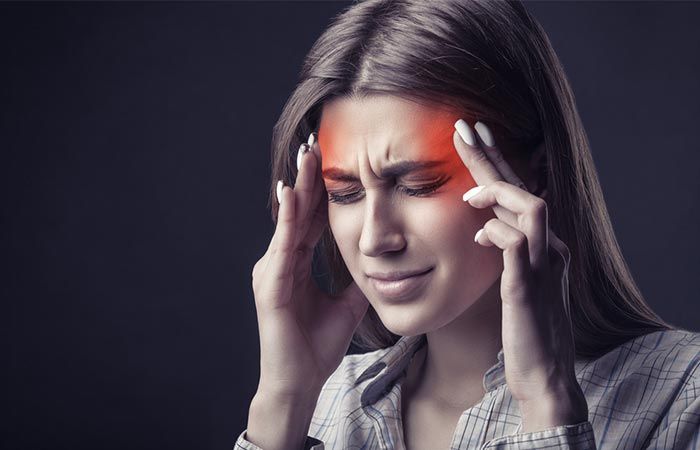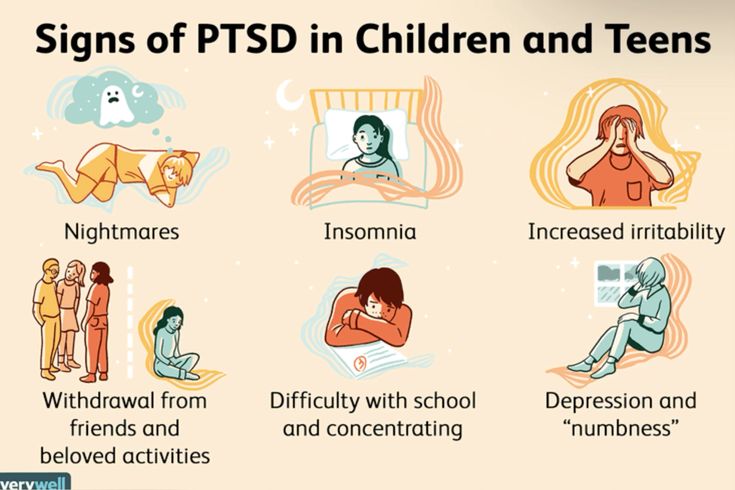Menopause Brain Fog (Symptoms, Causes, & Effective Treatments)
A woman’s reproductive years come to an end with the menopause, a normal biological process. Menopause brain fog is a less well-known but no less annoying symptom that many women have, even though hot flashes and mood swings are well-known.
The term “brain fog” describes a group of cognitive symptoms, such as sluggish thinking, mental exhaustion, forgetfulness, and trouble focusing. It can have a big effect on day-to-day living, productivity at work, and general wellbeing. This page explains menopausal brain fog, including its causes, symptoms, and effective management techniques.
Menopause Brain Fog Symptoms

Menopause brain fog can take many different forms, which makes it hard for women to perform at their best. Among the most typical symptoms are:
1. Memory Issues
Short-term memory loss in women might manifest as skipping appointments, misplacing items, or forgetting names.
2. Having Trouble Focusing
Many women say they have trouble focusing, which makes them less productive at work or at home.
3. Fatigue of the Mind
Menopause brain fog frequently results in chronic mental fatigue, which makes decision-making and problem-solving more difficult.
4. Slower Processing and Thought
Women could find it more difficult to remember previously taught knowledge or to assimilate new information.
5. Perplexity and Disarray
Once effortless tasks might suddenly appear daunting, causing tension and frustration.
6. Having Trouble Finding Words
Communication problems arise because many women have issues remembering particular words or phrases during talks.
Menopause Brain Fog Causes

Although the precise etiology of menopausal brain fog is unknown, hormonal changes are thought to be a major contributing factor. Important elements consist of:
1. Variations in Hormones
During menopause, levels of testosterone, progesterone, and estrogen decrease. Particularly in regions linked to memory and cognition, estrogen is essential for brain function. Cognitive problems may result from neurotransmitter activity disruption caused by a drop in estrogen.
2. Disturbances in Sleep
Poor sleep quality results from insomnia, night sweats, or sleep apnea, which are common in menopausal women. Sleep deprivation impairs memory, mental clarity, and cognitive performance.
3. Enhanced Anxiety and Stress
Changes in hormones can increase stress and anxiety, two factors that lead to brain fog. Prolonged stress raises cortisol levels, which over time can affect focus and memory.
4. Mood swings and depression
Cognitive performance is impacted by depression, another typical menopausal symptom. Memory problems and trouble focusing might be exacerbated by low motivation and mood.
5. Aspects of Lifestyle
Exercise, nutrition, hydration, and general health all have a big impact on cognitive performance. Brain fog can be made worse by a sedentary lifestyle, poor diet, and dehydration.
How Much Time Does Brain Fog During Menopause Last?
Although it varies in length among individuals, menopause brain fog is frequently transient. While some people only have cognitive problems for a few months, others may have them for years. After menopause, brain fog usually gets better as hormone levels level off, but lifestyle decisions and medical treatments can hasten the healing process.
Menopause Brain Fog Treatments
A multifaceted strategy including lifestyle modifications, medication interventions, and natural therapies is needed to manage menopausal brain fog. The best tactics are listed below:
1. Treatment with hormone replacement (HRT)
HRT reduces menopausal symptoms, such as brain fog, by increasing estrogen levels. According to studies, HRT may help some women’s cognitive performance, but there are also hazards associated with it, including a higher chance of blood clots and some types of cancer. Before you think about using HRT, speak with your doctor.
2. Mental exercises and training for cognition
- One way to combat cognitive decline is to keep the brain busy. Activities like as:
- Puzzles with crosswords
- Solving Sudoku
- Both writing and reading
- Learning a new instrument or language
- Applications for brain training
- help improve concentration, memory, and problem-solving abilities.
3. Consistent Exercise
Exercise improves cognitive performance by increasing blood flow to the brain. Try to get in at least 150 minutes a week of moderate activity, like:
- Jogging or walking
- Stretching and yoga
- Strength training
- Aerobic exercises
- Additionally, exercise regulates hormone levels, improves sleep quality, and lowers stress.
4. A Healthy Diet for the Brain
- Brain fog can be avoided or lessened by eating a diet high in nutrients. Pay attention to:
- Fish, nuts, and seeds are good sources of omega-3 fatty acids, which are important for brain function.
- foods high in antioxidants, such as leafy greens, almonds, and berries, to reduce inflammation.
- Whole grains for brain power and consistent energy levels.
- lean proteins to aid in the synthesis of neurotransmitters.
- drinking eight glasses of water or more each day to stay hydrated and preserve cognitive function.
5. Making Quality Sleep a Priority
- Brain fog can be significantly reduced by improving sleep habits. Some pointers are:
- keeping a regular sleep routine.
- establishing a calming nighttime routine.
- avoiding electronics and coffee just before bed.
- using white noise generators and blackout drapes to improve sleep quality.
6. Techniques for Stress Management
- Reducing stress can help you think more clearly. Among the efficient techniques for reducing stress are:
- Mindfulness and meditation techniques
- Practices for deep breathing
- Keeping a journal
- Taking up a hobby
- If necessary, seeking counseling or therapy
7. Organic Supplements for Healthy Brain Function
Menopause brain fog may be lessened by taking a number of vitamins, including:
- Ginkgo biloba: Enhances cognitive and memory performance.
- Vitamin B12: Promotes brain health and neuron function.
- Magnesium: Promotes rest and better sleep.
- Ashwagandha: Promotes mental clarity and lowers stress.
- DHA, an Omega-3 fatty acid, promotes memory and brain health.
8. Social Support and Involvement
Maintaining an active social life lowers the risk of cognitive decline and stimulates the brain. Take part in:
- social groups and neighborhood events.
- talks with relatives and friends.
- exercise classes or reading clubs are examples of group activities.
When to Consult a Physician
Although menopausal brain fog is usually benign, seek medical advice if:
- The symptoms are seriously interfering with day-to-day living.
- You suffer from abrupt or severe memory loss.
- You’re worried about cognitive disorders like dementia.
- To address underlying problems, your doctor could prescribe medical treatments or conduct cognitive testing.
In conclusion
Although menopausal brain fog can be annoying, it can be controlled with the appropriate techniques. Women may enhance cognitive performance and restore mental clarity by changing their lifestyles, placing a higher priority on brain health, and getting medical help when needed. Try using these remedies if you’re suffering from menopausal brain fog to help your brain function at its best.
Finally, practice self-compassion. For most women, brain fog is transient, and with the correct treatment, mental clarity can gradually return. Remember that you are not traveling this path alone, and concentrate on taking care of yourself!


